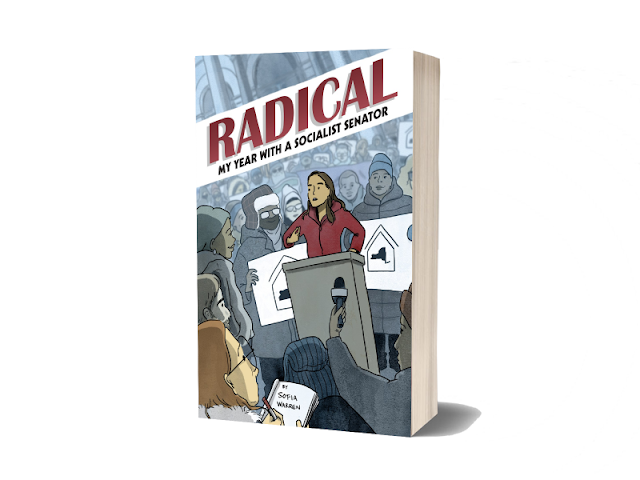Dyslexic High Achievers Reveal The Importance of Focusing On Your Strengths
Creative, Successful, Dyslexic is a good resource for those who have children with dyslexia.
Much has been written about dyslexia in recent years. The latest I can remember is Malcolm Gladwell’s David and Goliath where the author stresses that “somewhere around a third” of the world’s top businessmen and women of the modern world are dyslexic. He says having dyslexia is one of the factors that has contributed to making a lot of these trend drivers successful. The author goes as far to call dyslexia, an example of a “desirable difficulty”.
According to Creative, Successful, Dyslexic by Margaret Rooke, Dyslexia:
· Dyslexia primarily affects the ability to learn to read and spell;
· It comes from a difficulty in dealing with the sounds of words, which makes it especially hard to learn to read words using phonics;
· It usually affects the short-term memory and speed of recalling names or labels;
· Dyslexia is not the same for everyone: it can be mild or severe.
Creative, Successful, Dyslexic is a compilation of first-hand experiences and advice from 23 top achievers with dyslexia. People like Kelly Hoppen, Theo Paphitis, Steven Naismith, Richard Branson, David Bailey, Benjamin Zephaniah, Jackie Stewart, among others, contributed to this valuable book. In their own words, each tells us of how they found a way around handicaps that comes with dyslexia. They also revealed how they turned these disadvantages into efficient abilities that enabled them to excel in their field.
Also, a common thread across most of the written contributions in this book is the realization that it is essential, even more so for dyslexic sufferers, to focus on what you are good at. Trying to improve what you are not good at might be a good strategy, however it is even more beneficial to hone your innate abilities so you can gain mastery in whatever your passion may be.
Ed Baines, the TV chef, restaurateur, and owner of Randall and Aubin in Central London, says of Stanbridge, the boarding school he ended up attending after he flunked out of an inner London state school,
“The school focused on what we were good at. We concentrated as well on the creative side of education and also on sporting achievements. We had to do the five stapes: math, English, biology, chemistry and physics, but then we’d have motor mechanics, drama, art, design, pottery….They managed to find an awful lot of alternative subjects to study.”
Sir Richard Branson, businessman, entrepreneur, as well as the founder of the Virgin Group of companies, contributes to the importance of being focused at what you’re best at by saying,
“In business, I believe dyslexia is my greatest strength. It has taught me to keep things simple, to rise above difficulties and to focus on what I’m good at, while delegating the rest. Dyslexia has forced me to uncover my own strengths by trying out different approaches. I have had to build on my different ways of thinking to establish and maintain the success of the Virgin Group of companies.
“It’s been a priority for me to recruit people who are better than me and it’s my job to inspire them, to help draw out the best from them. My focus is on creative thinking and building strategies for new ventures – which is what I am good at – and they focus on making the other ventures work successfully.”
Kelly Hoppen MBE, a well-known UK Interior Designer, also weighs in saying:
“I believe that if you are good at something, and I was good at design, you gain the confidence to overcome all the things that made you lack confidence. The things that you weren’t good at become subsidiary because you start to make money at what you are good at. You end up forgetting about the rest of the challenges.”
Kenny Logan, a Rugby player for Scotland and Wasps, who never learnt how to write until he was an adult, says:
“One thing being dyslexic did for me was to give me the focus to concentrate on something I was good at, which was sport. If I hadn’t been good at rugby, I would have been a farmer and would still be struggling. Because of rugby, I moved to London to play for Wasps.”
Creative, Successful, Dyslexic is a good resource for those who have children with dyslexia. It is also a wonderful source of encouragement for adults with dyslexia too. The stories in this book reveals much about the hardships faced by anyone dyslexic with no access to support. It also shows that with a little encouragement, love and hard work, what seems to be a disadvantage can become a massive advantage.
The book is simple and uncomplicated in its language. The different writing styles give it a freshness that is unique to anthologies.
Creative, Successful, Dyslexic is written by Margaret Rooke and published by Jessica Kingsley Publishers (September 3, 2015).
Many thanks to Jessica Kingsley Publishers for review copy. All images are © to their respective owners.




Comments
Post a Comment